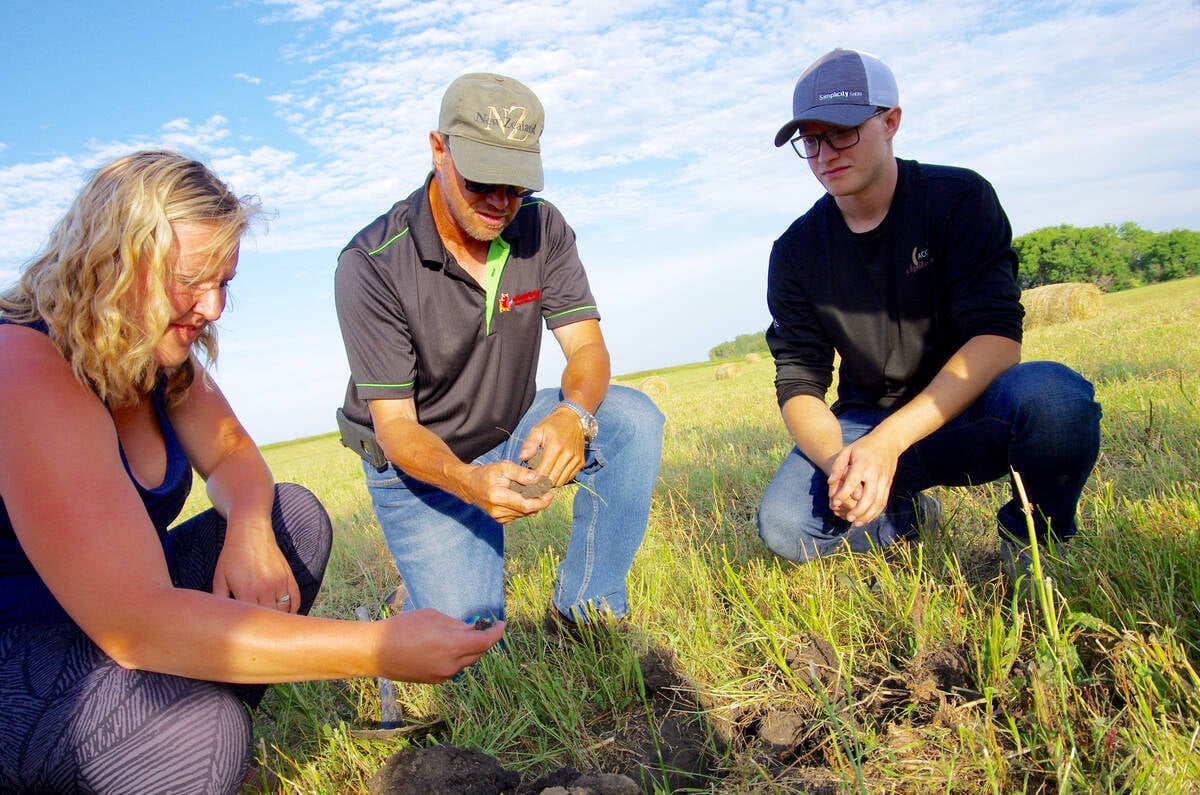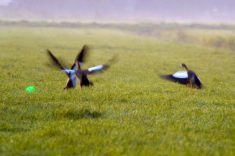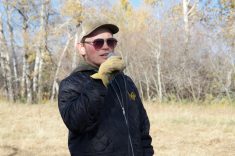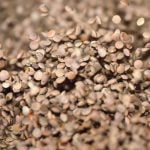More than a decade after travelling the world as a Nuffield scholar, a Manitoba farmer says the international program continues to shape his operations and connect him with innovators across the globe.
Clayton Robins, who was selected as a 2013 scholar and did his travels in 2015, farms near Rivers in western Manitoba, with an eye to sustainable grazing and soil health management. His studies under Nuffield focused on energy-dense forages in beef production and took him to 11 countries.
Robins, has since become a common face at events promoting common regenerative agriculture practices such as cover crops and adaptive grazing.
Read Also
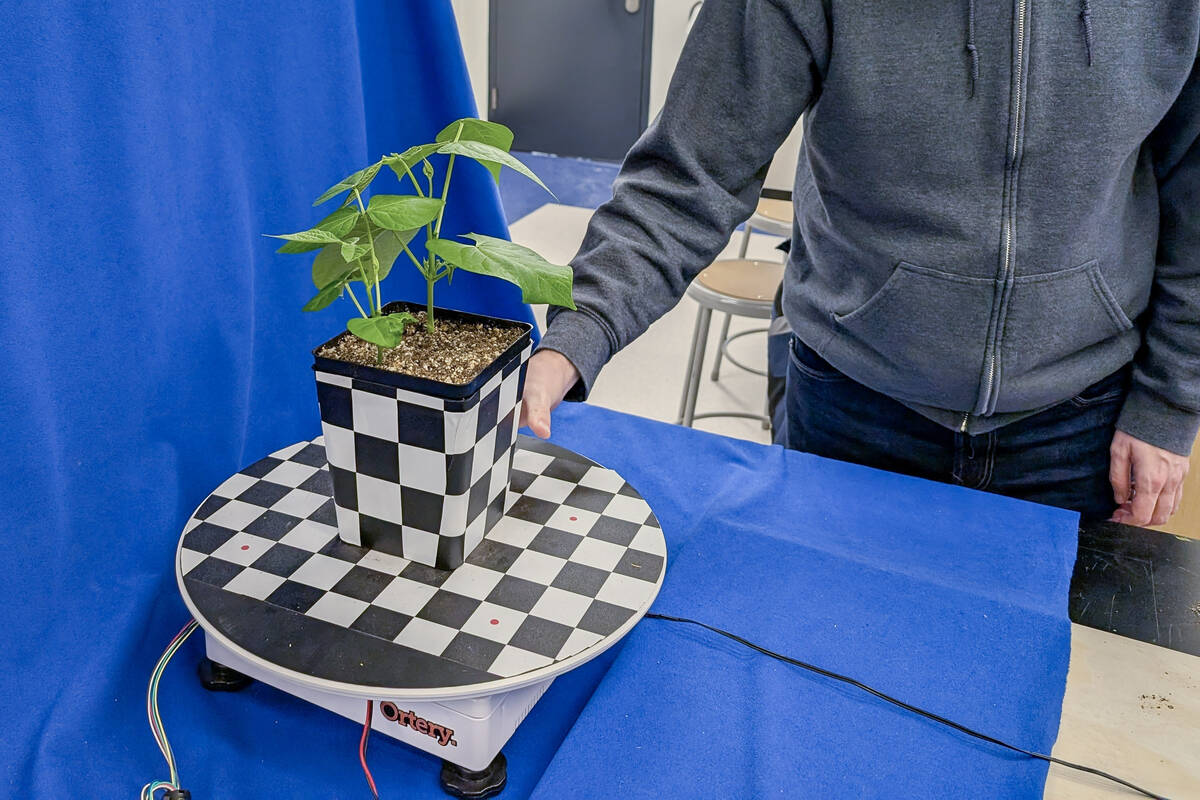
3D imaging takes guesswork out of wheat research
A Winnipeg-based lab is refining a tool that can create 3D renderings of wheat plants and give precise structural measurements for faster crop breeding.
He credits his Nuffield journey to inspiring a fundamental shift in how he manages his Manitoba farm.
WHY IT MATTERS: Manitoba has boasted a number of Nuffield scholarship names in the past two decades.
The Nuffield Farming Scholarships Trust, established in 1947, sends members of the food, farming, horticulture and rural industries overseas to study topics of their choosing. The idea is to develop future industry leaders, exposing them to diverse farming systems and building a global network of innovators. To date, the program has awarded more than 1,100 scholarships.
From Argentina to a soil health breakthrough
Robins began in Argentina, a country he’d already visited in 2008, to examine the beef value chain. There, researcher Anibal Pordomingo showed him work linking plant sugar content to average daily gain in steers.
“It was a very related relationship,” Robins said.
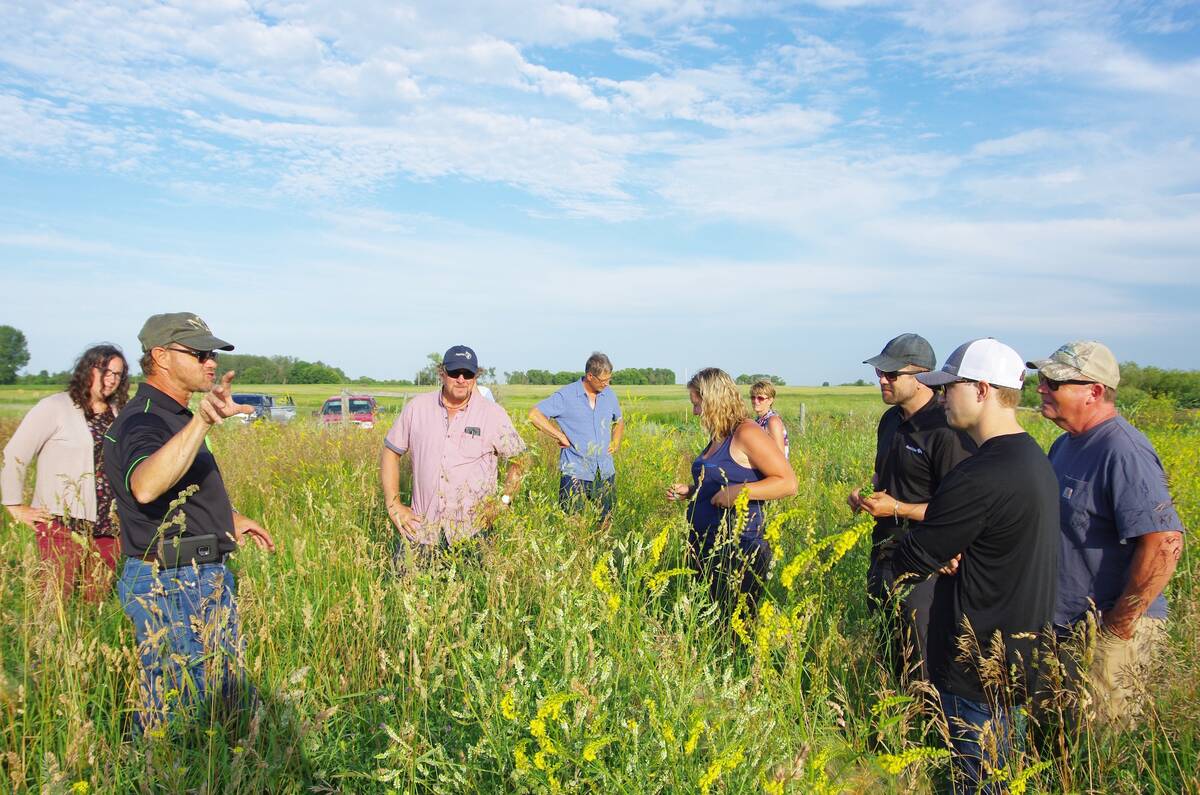
That observation sent him to grass breeding facilities in New Zealand to learn about high-sugar species and their impact on rumen function and animal performance.
Despite originating in another hemisphere, he’s found those insights valuable for his farm in Manitoba.
“I argue that we probably have one of the best environments in the world producing plants with extremely high level sugars,” Robins said. “We’ve got lots of solar intensity. And then you get into this time of the year with still fairly long days, quite cool evenings, (which leads to) the ability to produce a lot of sugar in the plant.”
His farm has measured sugar levels exceeding 40 per cent in grasses during optimal periods, which he says is comparable to green ocean algae.
Unexpected benefits underground
His focus on high-sugar forages has yielded unexpected benefits below ground.
“We’ve found phenomenal, rapid improvements in the soil in almost every soil health metrics that’s been collected here,” Robins said.
Today, he noted, he’s got earthworms found thriving at two-foot depths.
Similar challenges, different solutions
Steve Larocque, a 2008 scholar and Nuffield Canada’s current chair, also credits his study into controlled traffic with transforming his agricultural perspective.
Larocque’s scholarship brought him through California, Mexico, Ontario, Brazil and England, before his trip was cut short when his wife went into labour. In Mexico, he visited a corn improvement centre. In Brazil, he learned more about agricultural infrastructure.
“What’s really cool about agriculture is that we all have very similar issues: labour, policy, knowledge, climate risk or weather resources,” he said.
Building a global network
Both Prairie farmers found lasting connections formed through the program. Even 10 years after completing his study, Nuffield scholars continue to visit his farm annually, Robins said. For the new cohort of scholars just beginning their journeys, seeing the long-term outcomes on farms like Robins’s provides reassurance.
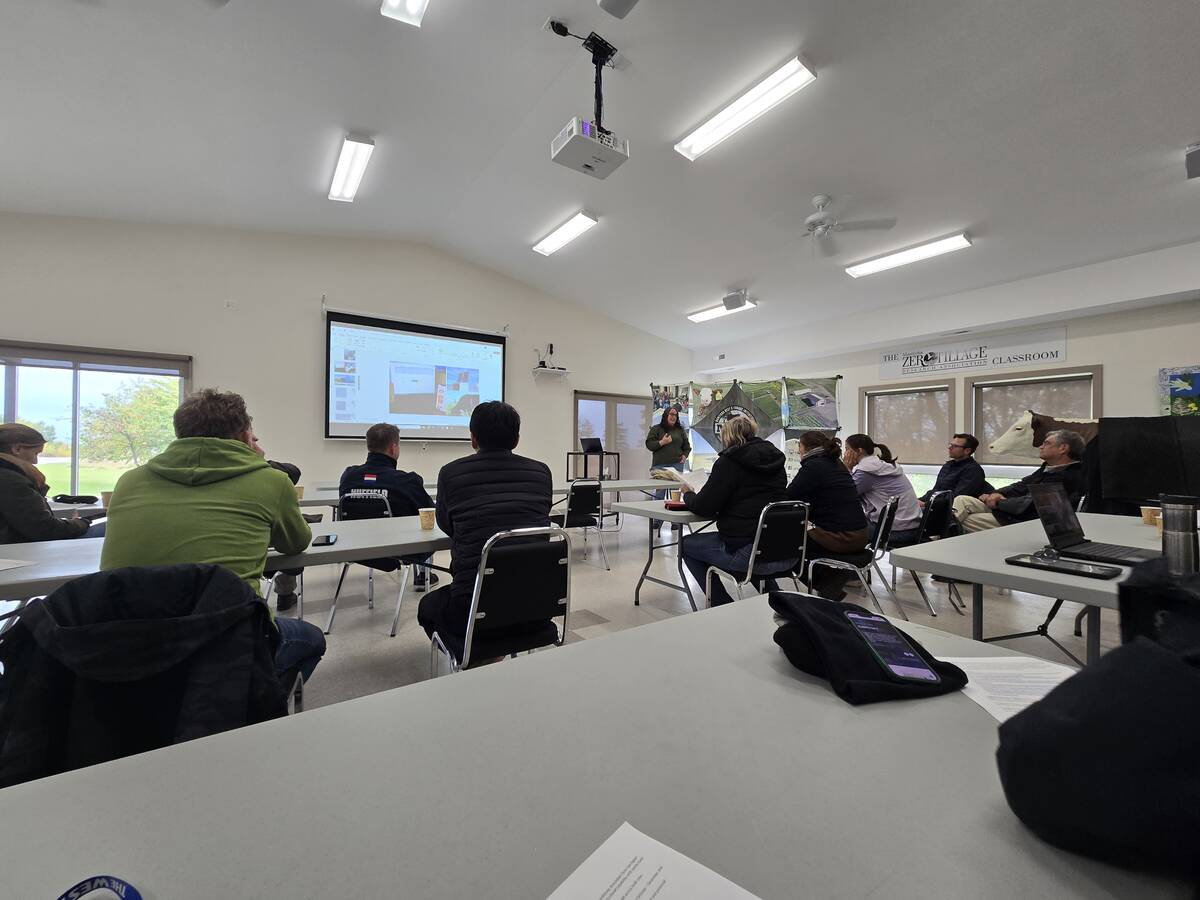
The diversity of participants, spanning different countries, ages and agricultural sectors, creates unique learning opportunities, Robins added.
“We’re so vastly different, yet they always find a way to find some common ground.”




